The Algarve has emerged from the wet season, when it traditionally rains more, with less water in the dams than when it started, reveal data presented by Pedro Coelho, regional director of the Portuguese Environment Agency (APA), last Monday, 9 May, at a conference-debate on climate change.
According to this official, on 4 October 2021, the Algarve reservoirs had 227,6 million cubic meters of water. Now, on the 9th of May, the value stands at 221,2.
It means, in the words of Pedro Coelho, that «we are going to start the consumption season with less water than we had on September 30th», which is «significant».
Currently, the reservoirs in the Algarve have around 40% of useful volume.
«This matter does not stop worrying us and we have to have more intensive policies, where efficiency is obviously at the top», considered the regional director of the APA.
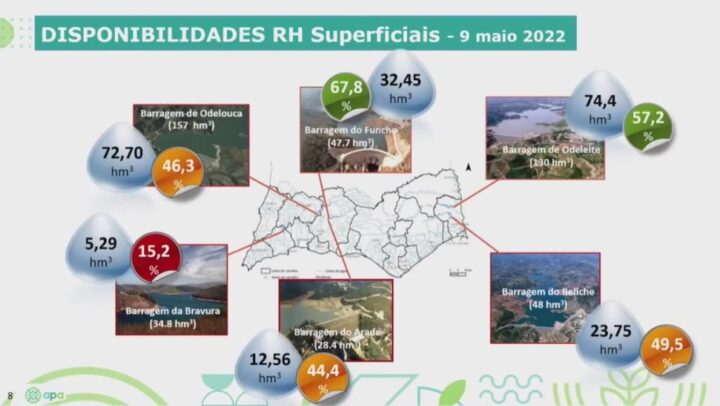
According to the data presented, which date from the 9th of May, the dam with the greatest volume of water is that of Funcho (67,8%). Next comes Odeleite (Castro Marim), which is at 57,2% of its capacity.
The largest dam in the Algarve – Odelouca, in Silves – has, according to these data, an availability of 46,3%, while that of Beliche (Castro Marim) has 49,5%.
Finally, the Arade reservoir has 44,4% of its capacity, and the most worrying situation continues to be Bravura, in Lagos, with an availability of 15,2%.
In that dam, there is currently only water «for public supply: there is no water for golf and agriculture», Pedro Coelho said.
The conference where the regional director of the APA addressed this topic was organized by the Algarve Regional Coordination and Development Commission (CCDR), within the scope of Europe Day, which was marked last Monday.
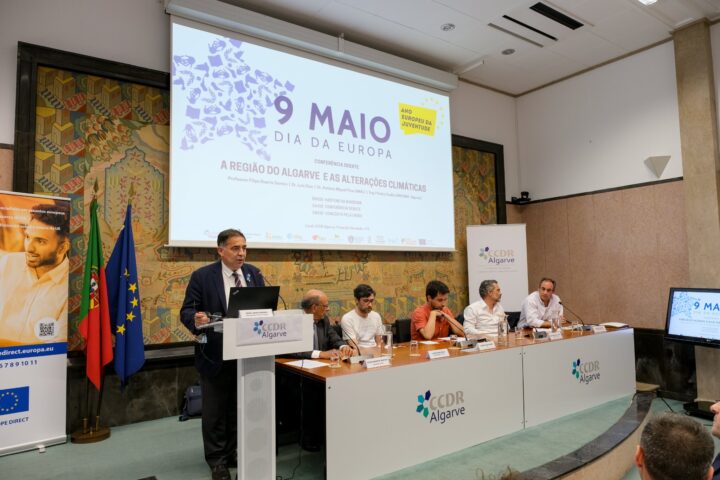
José Apolinário, president of CCDR Algarve, evoked, in the opening session, the legacy of "Jean Monet and Robert Schuman, founding fathers of the European Union, as well as all those who were building the European project, of a Union that has among its objectives the promotion of peace, its values and the good -being of its peoples", defending the urgent need to restore peace in Ukraine.
On the subject of climate change, Apolinário highlighted the pioneering work of the «Algarve Intermunicipal Community (AMAL), in adopting an intermunicipal action plan in the field of climate change», underlining the need to «plan, articulate and act at regional and supra-municipal, inter-municipal, Municipality and Parish levels.
According to José Apolinário, PIAAC-AMAL “constituted a step forward, a pioneering step in inter-municipal cooperation and consultation, in this global thinking and local action”, also highlighting “the ambitious work underway in the Municipality of Loulé, with the Municipal Plan of Climate Action, which was under public consultation throughout 2021, as well as ongoing work and documents already approved by municipalities such as Lagos, in a phase of intense participation, or Faro, among others who more recently started this journey».
«Having arrived here, it is important to make it clear that, in terms of climate change, at the global level as in our region, it is not enough to do more of the same, even if a little more efficient or even a little more innovative», concluded José Apolinário, stressing that «climate change requires a paradigm shift, putting people and the planet first, at our scale to contribute to Save the Planet, fulfilling the commitments of the Paris Agreements and the Sustainable Development Goals of the 2030 Agenda».
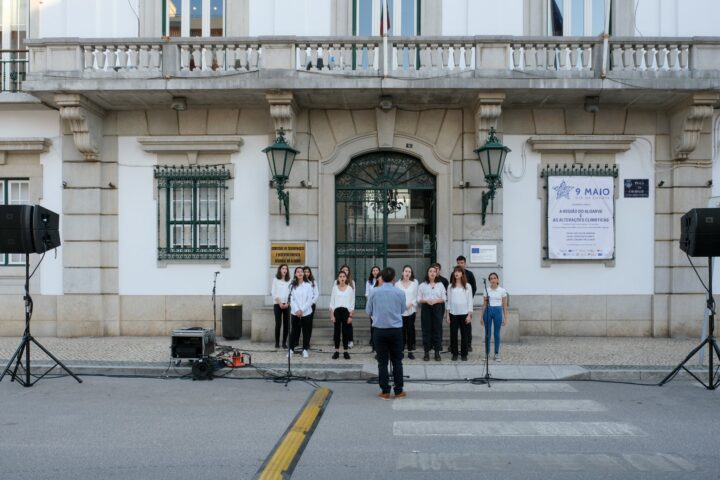
The conference-debate on Climate Change also had the participation of professor Filipe Duarte Santos, it's from Luis Filipe Dias and António Pina, who focused on the results of the work carried out in the deepening and monitoring of studies and options included in the PIAAC-AMAL and in the Regional Plan for Water Efficiency in the Algarve (PREHA-Alg).
António Pina, president of AMAL, even underlined the determination of the mayors to develop the most appropriate solutions to solve the problems of water shortages, in partnership with the Government and civil society, and the importance of involving the younger generations in this issue, considering that most of the impacts will occur in the medium, long term.
Moderated by journalist Duarte Baltazar (RTP), this conference was attended by dozens of representatives of public and private regional institutions and entities and young people from the European Parliament Ambassador Schools, followed by a musical concert by the Union, with the participation of the Association Philharmonic of Faro and the Coral Ossónoba Group.
Photos: CCDR Algarve
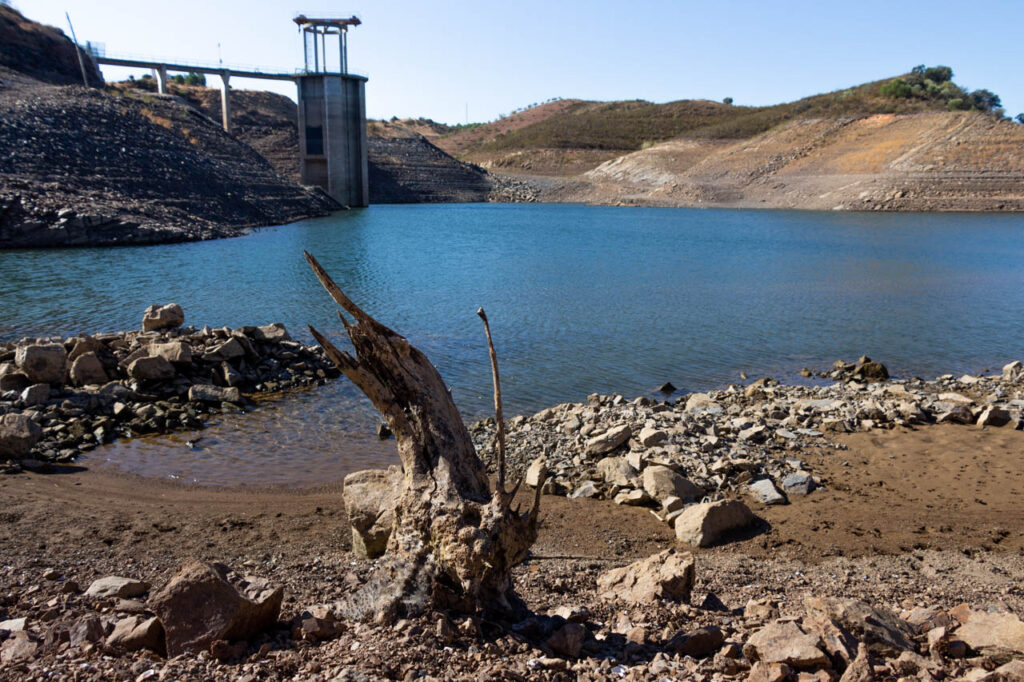
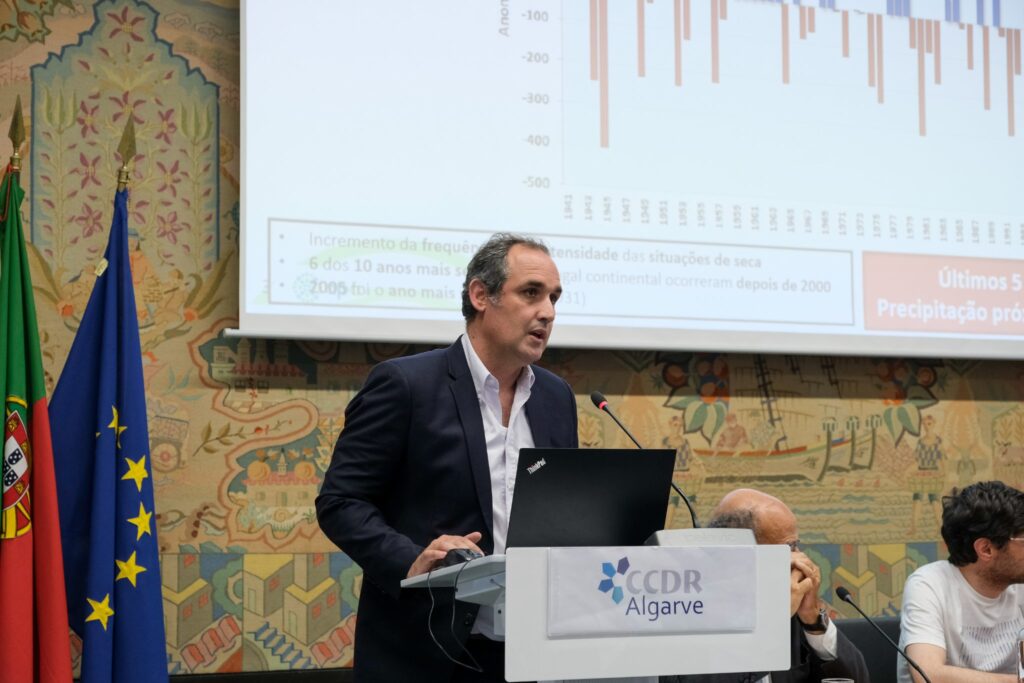
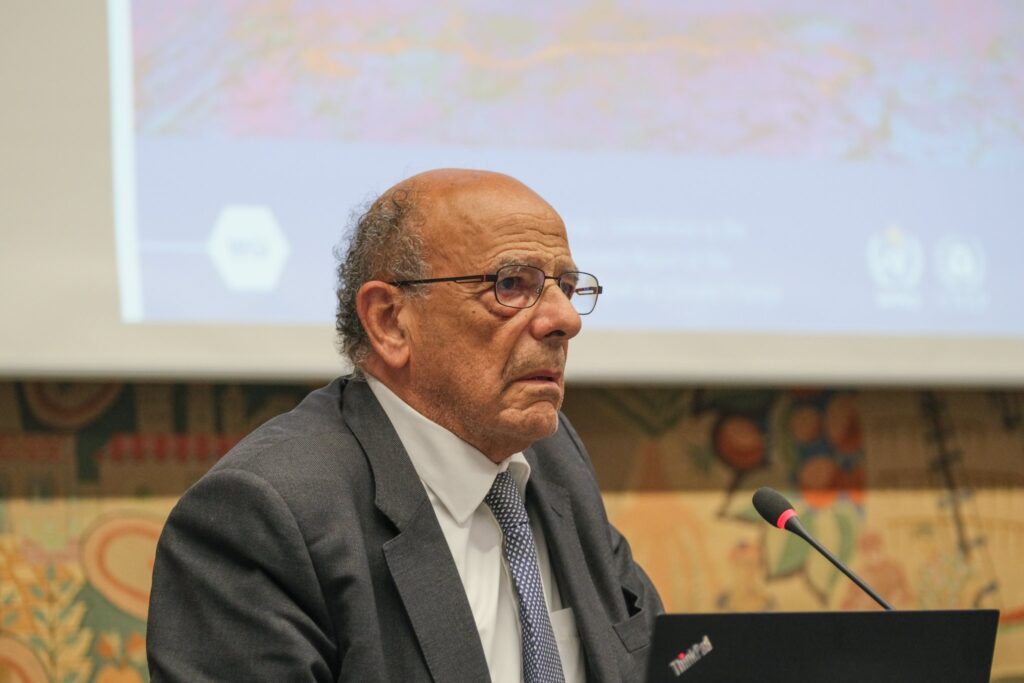
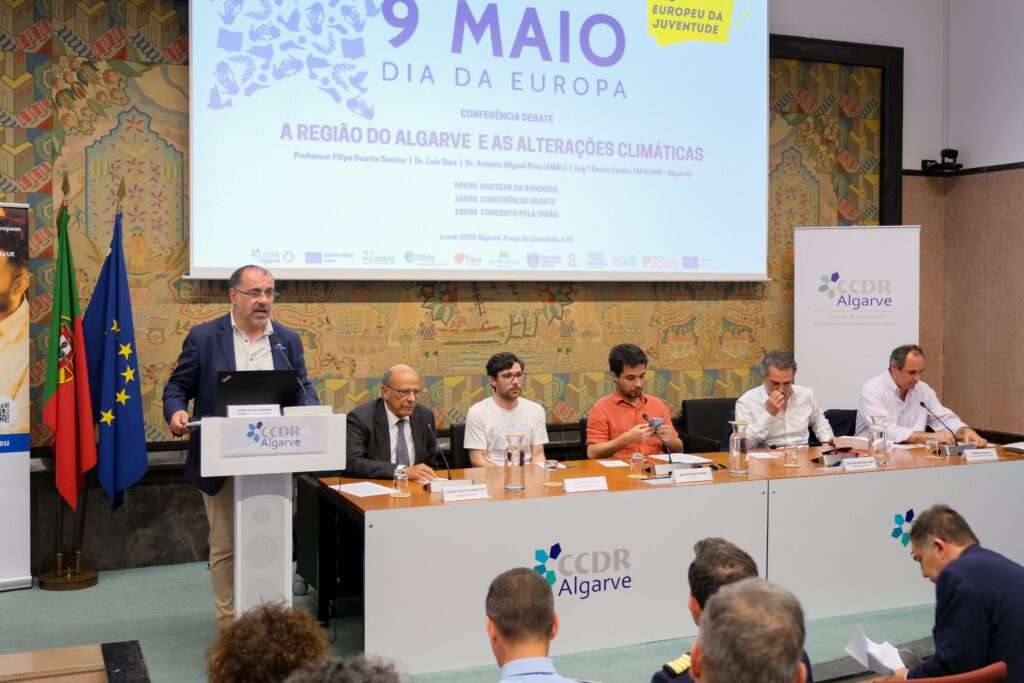
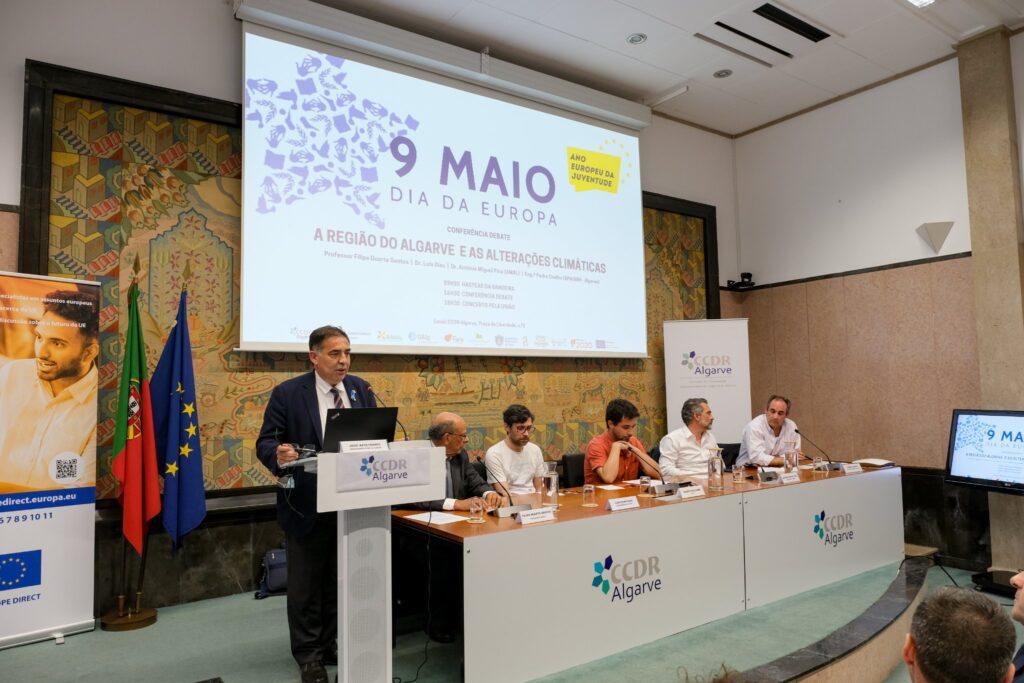
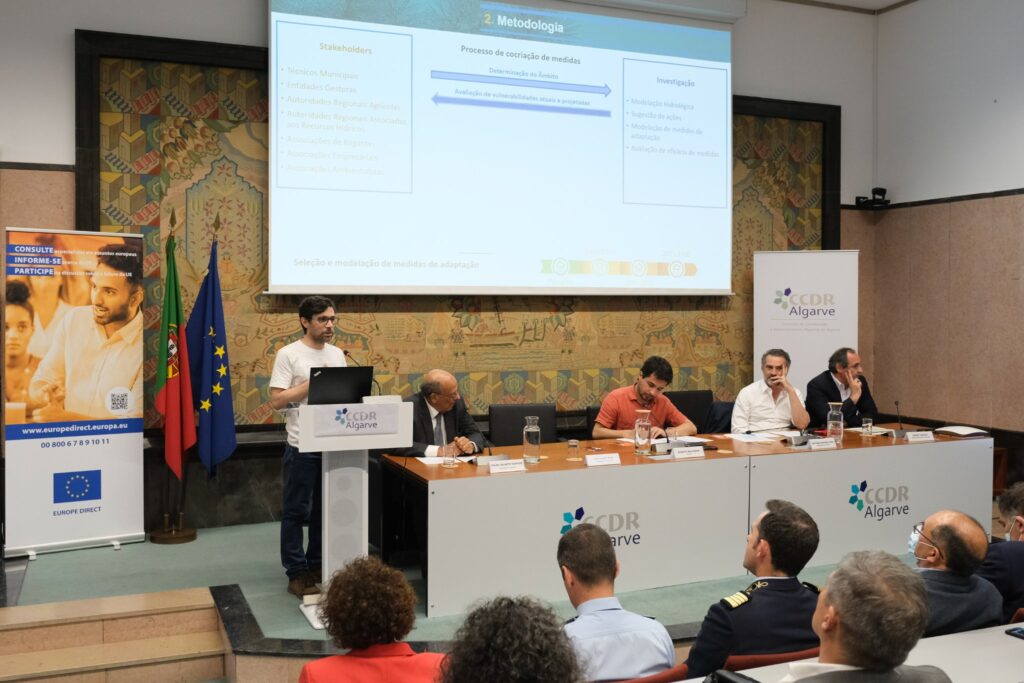
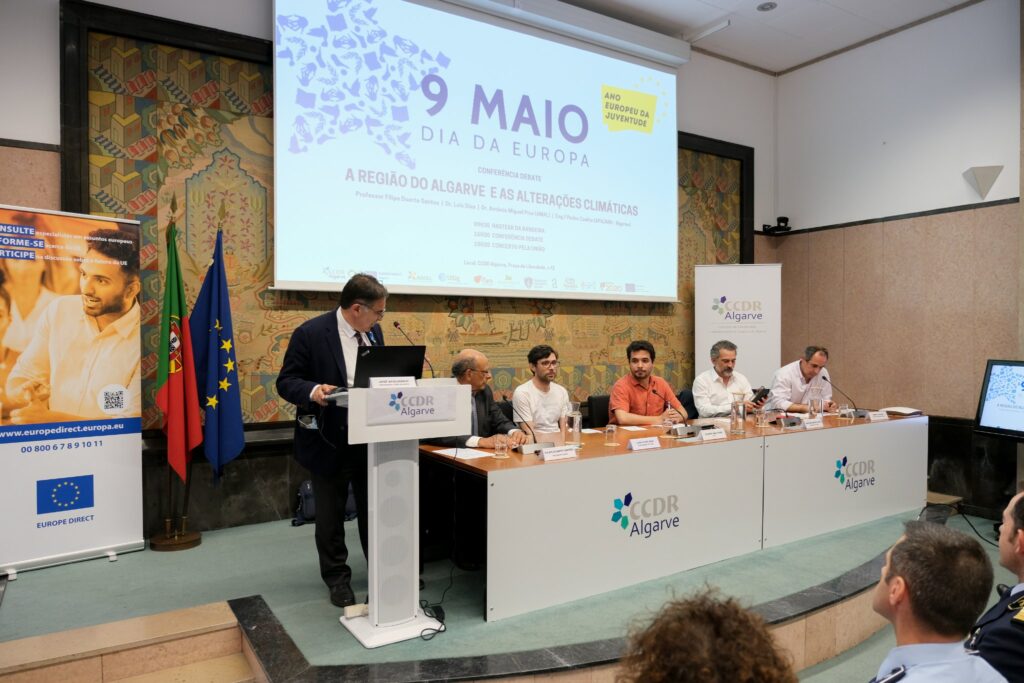
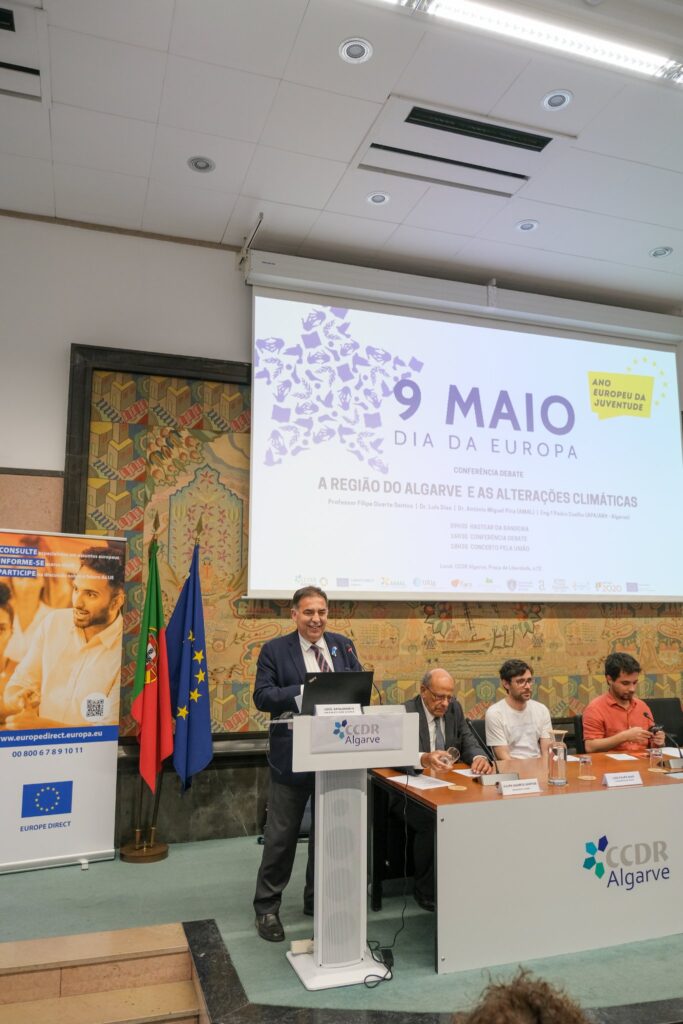
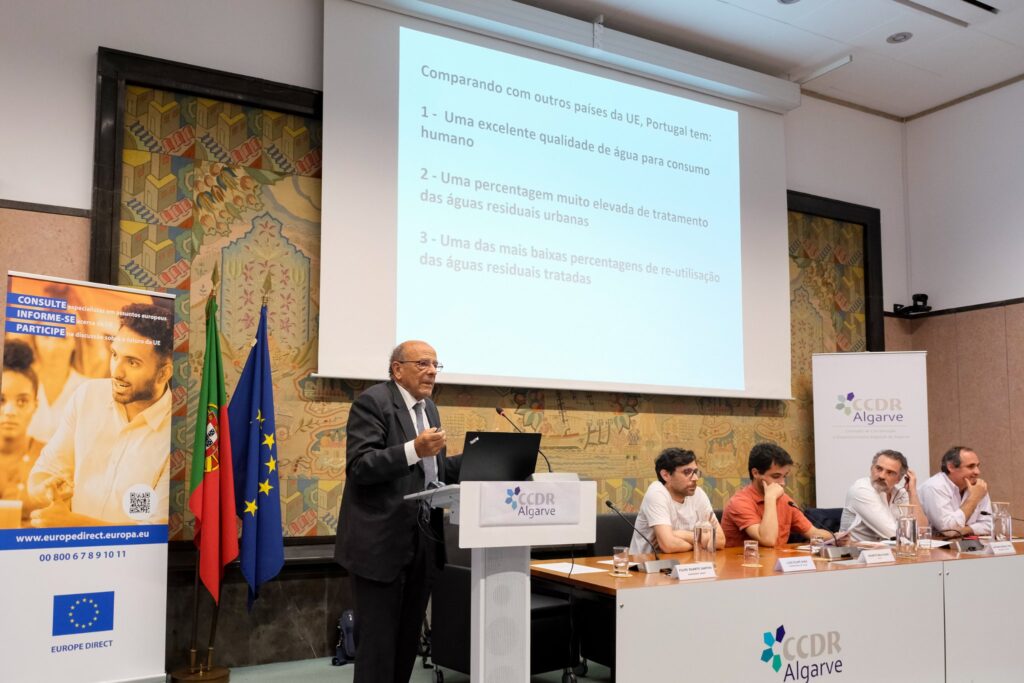
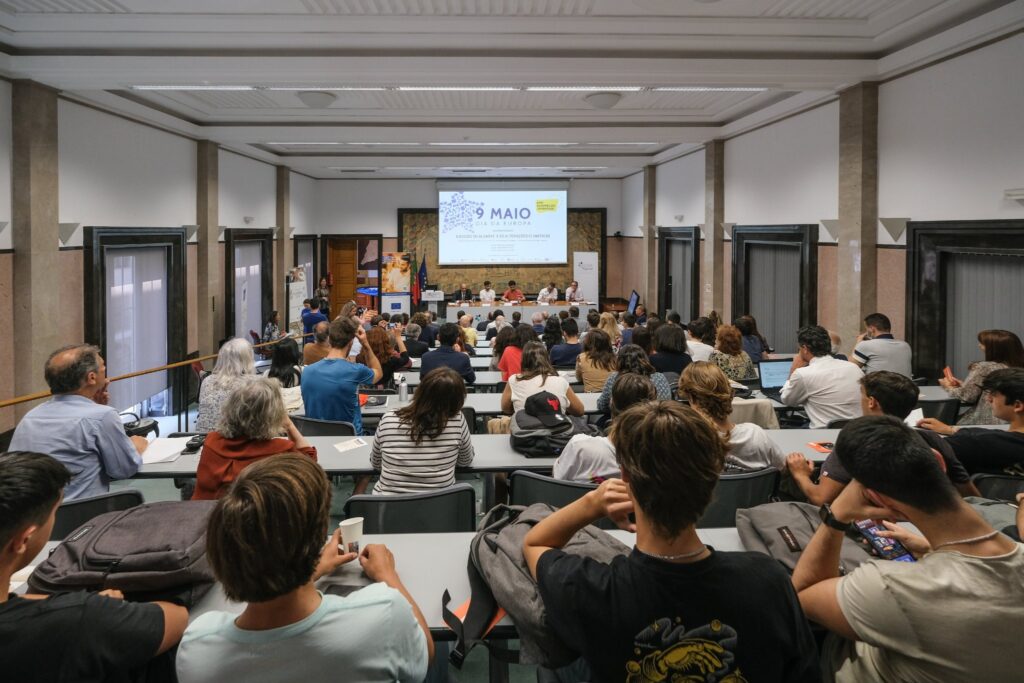
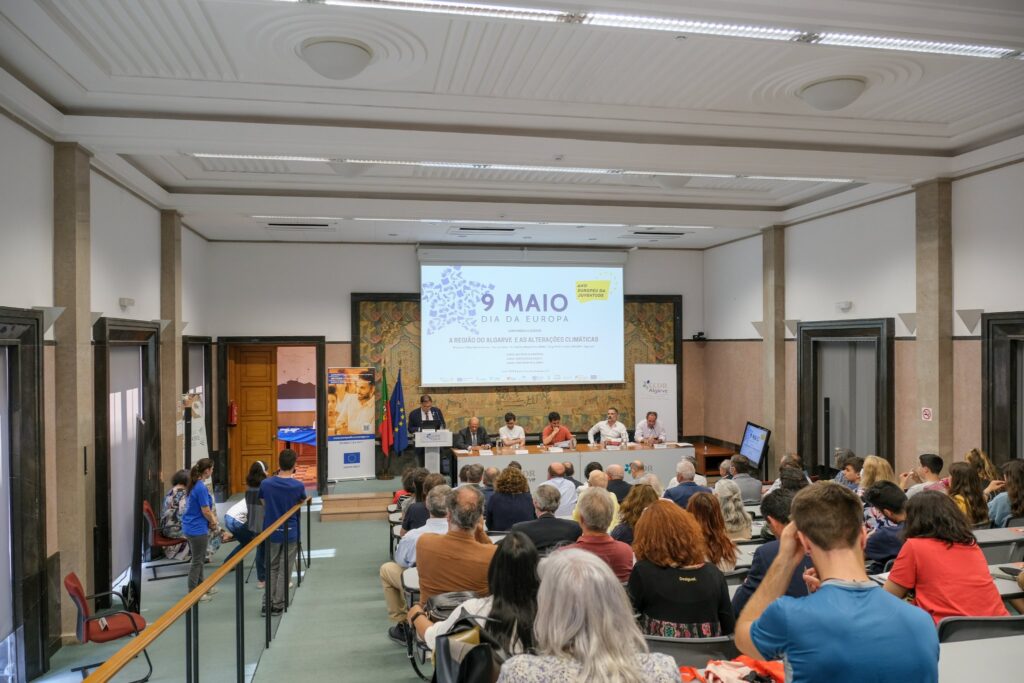
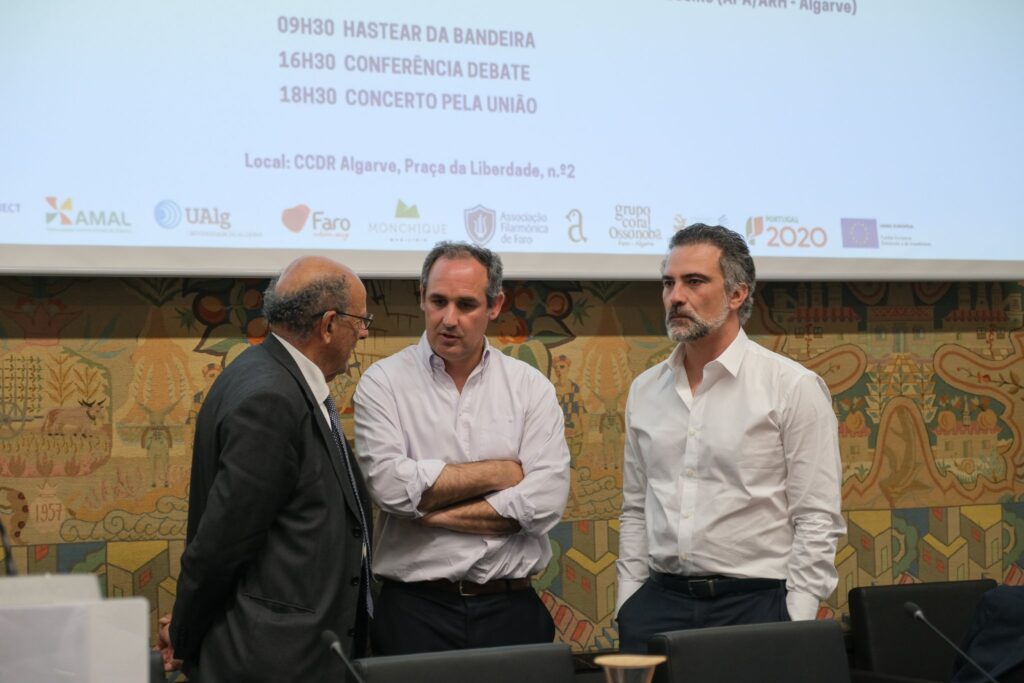
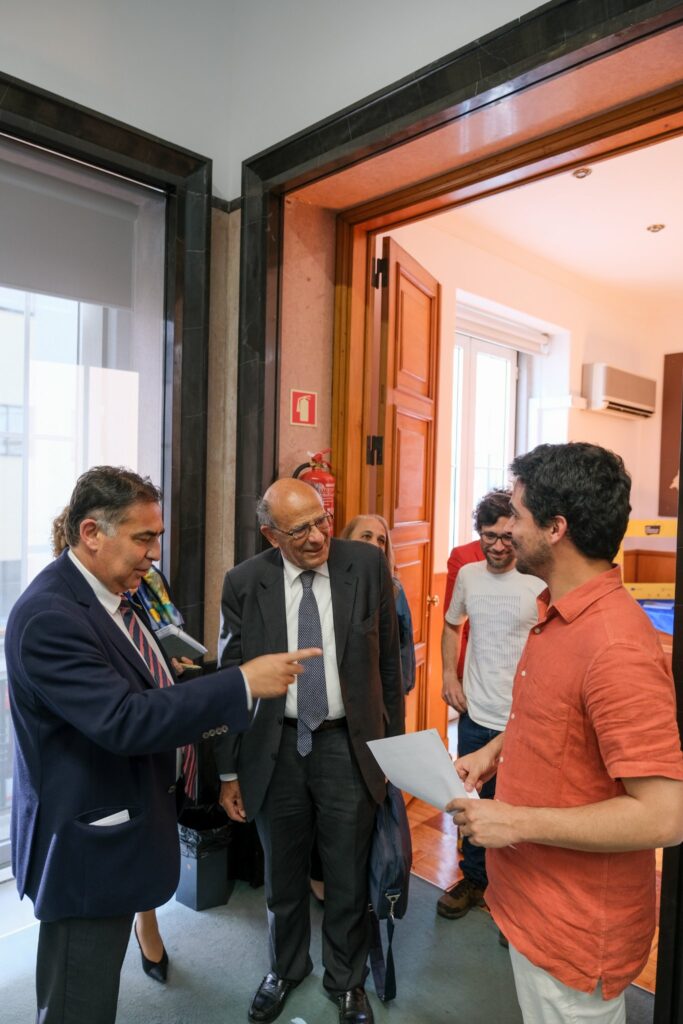
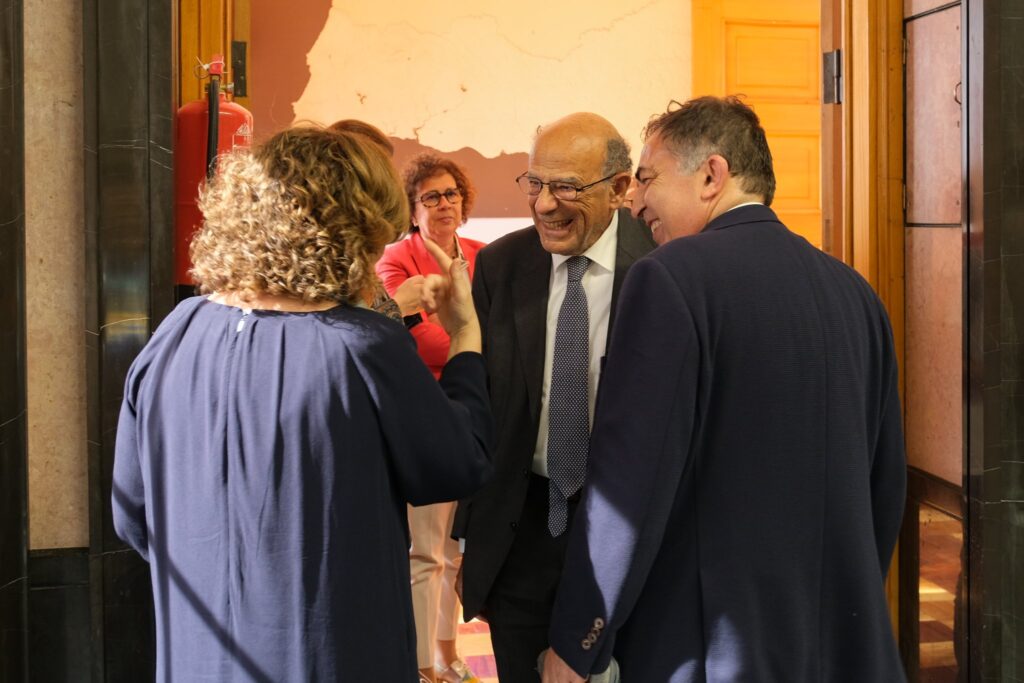
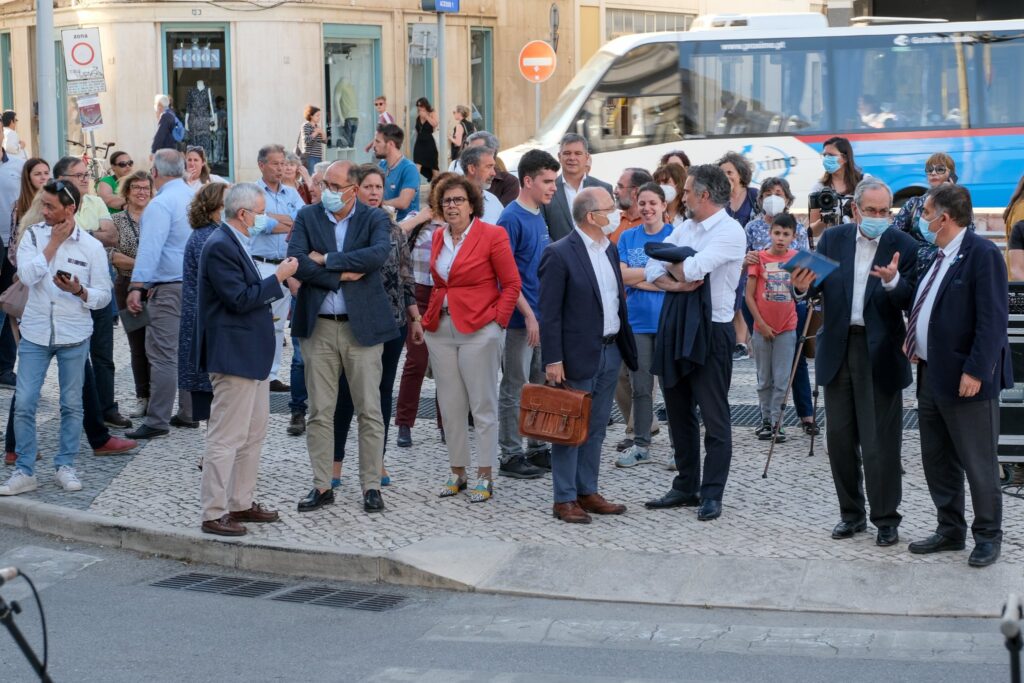
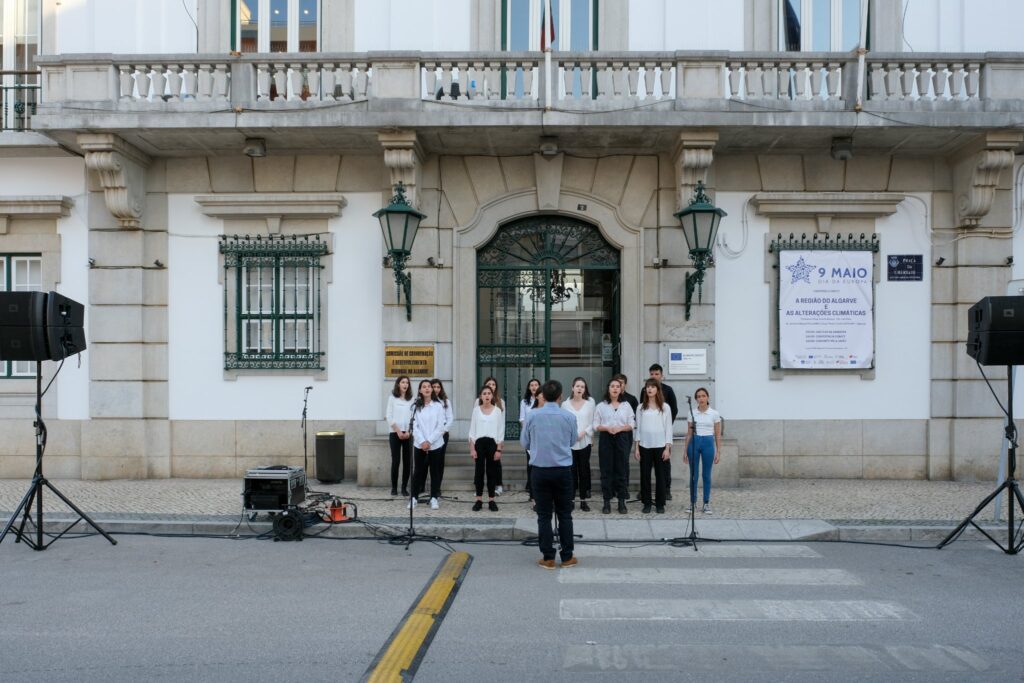
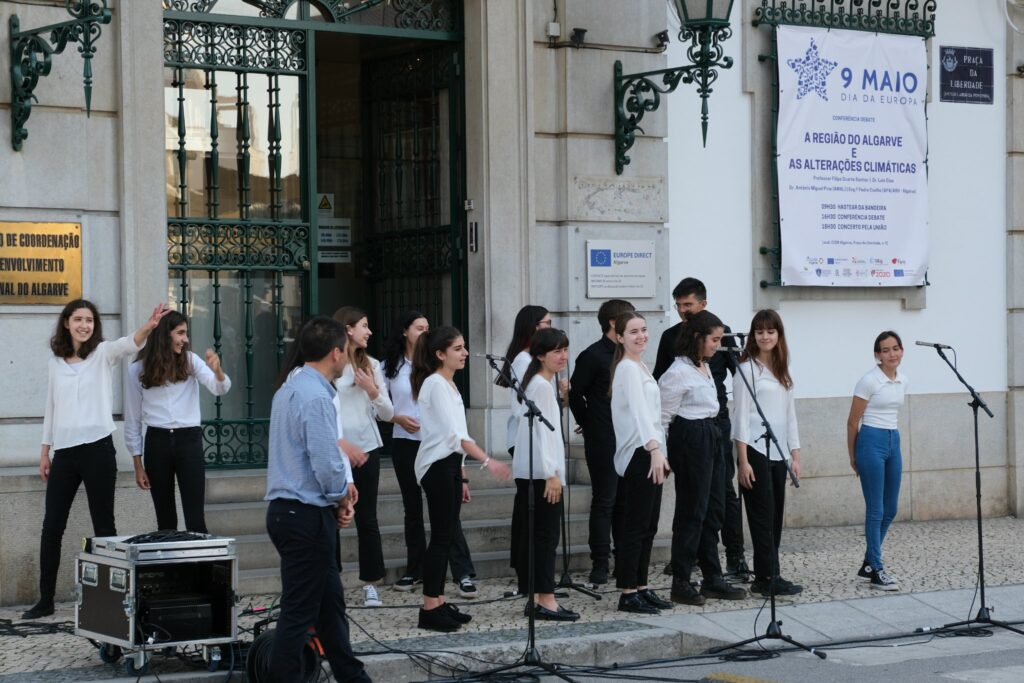
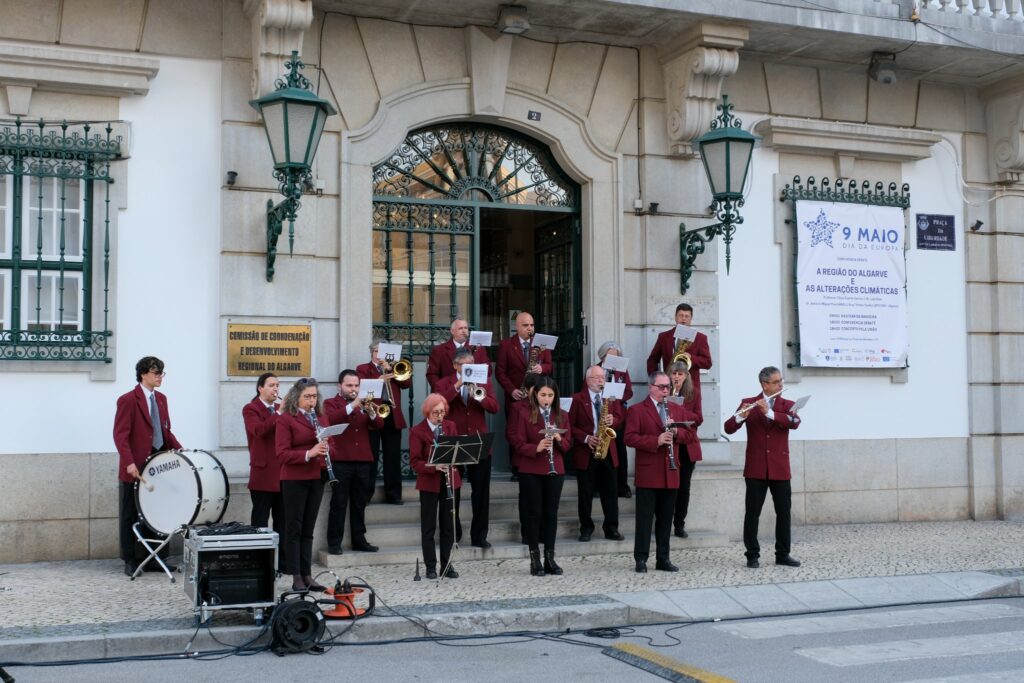


















Comments